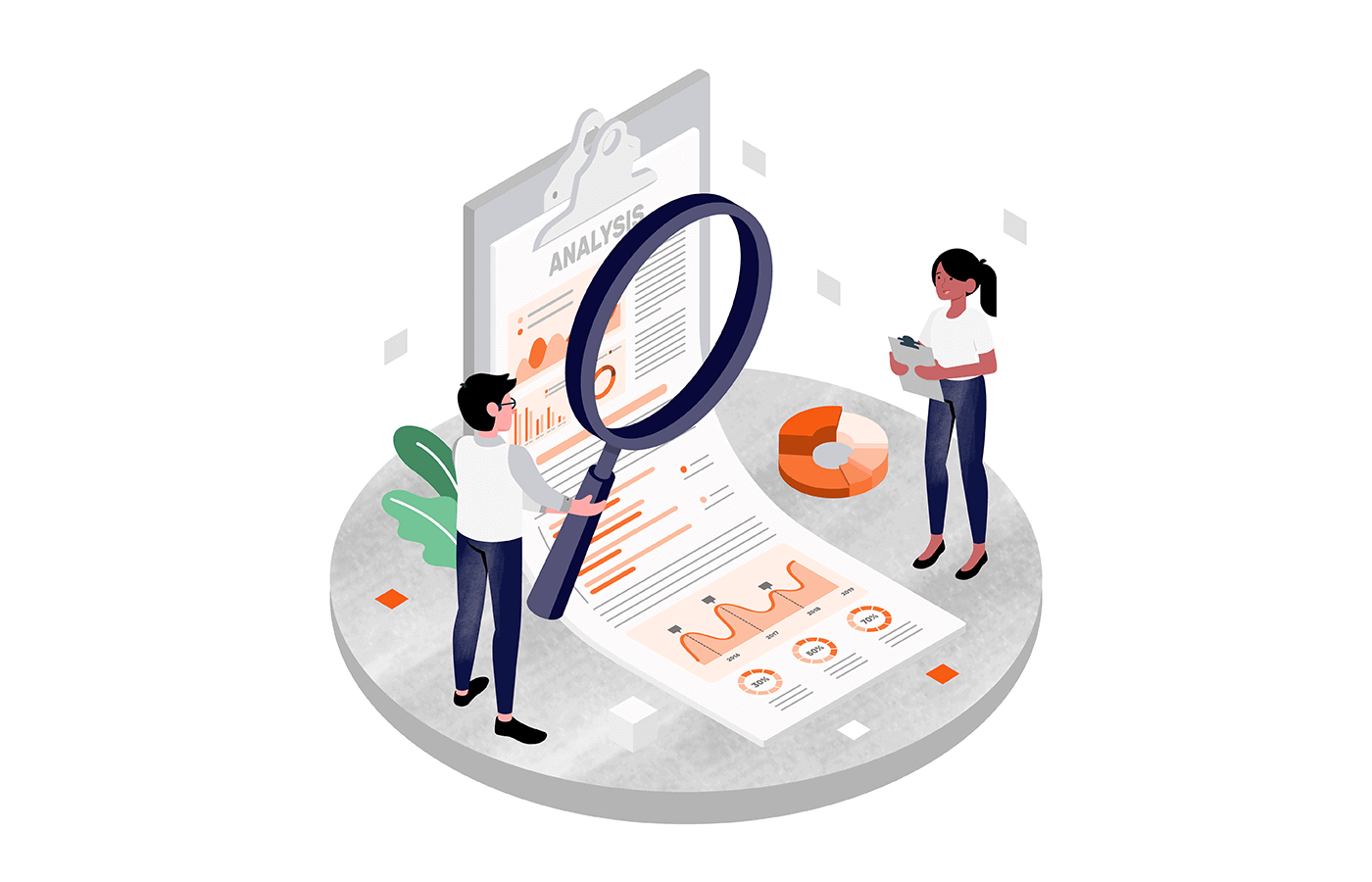Take Full Advantage Of Growth: Just How Analytics Drive Better Methods
By using data understandings, companies can fine-tune their functional approaches, anticipate market modifications, and boost customer engagement. The difficulty exists not only in gathering information yet in effectively interpreting it to drive tangible outcomes.
Comprehending Data Analytics
Information analytics is a systematic computational evaluation of data that allows companies to reveal meaningful patterns and understandings. This process encompasses a variety of techniques, consisting of analytical evaluation, anticipating modeling, and information mining, which collectively aim to transform raw data into actionable info - Analytics. By using these techniques, companies can make enlightened choices that are rooted in empirical proof as opposed to instinct alone
The structure of data analytics lies in its capability to manage huge quantities of info from diverse sources. This includes structured information, such as data sources, and unstructured data, including social media interactions and consumer comments. Via using specialized software application and tools, analysts can draw out and process this information effectively, determining trends and relationships that might not be immediately obvious.
Understanding information analytics also includes recognizing the relevance of information quality and honesty. Accurate and reliable data is crucial for meaningful evaluation; therefore, companies need to execute durable data administration techniques. In addition, the repetitive nature of analytics allows for continual refinement and renovation of methods, making sure that organizations continue to be nimble despite changing market characteristics and consumer actions.
Secret Benefits of Analytics

One of the crucial advantages of analytics is its capability to offer workable insights. Organizations can rapidly evaluate large quantities of data, uncovering patterns that might not be quickly noticeable.
An additional considerable benefit is enhanced customer understanding. Analytics devices make it possible for companies to section their audience, track customer actions, and customize advertising efforts. This targeted technique not only enhances client interaction however also drives greater conversion prices.

Implementing Analytics Approaches
To fully realize the benefits of analytics, companies have to take on organized methods for execution. This begins with clearly defining purposes that line up with more comprehensive service objectives. By establishing details, measurable end results, organizations can focus their analytics efforts on locations that produce the greatest return on investment.
Following, organizations should prioritize information administration to guarantee the honesty and protection of the data being examined. This involves establishing up methods for information collection, storage, and accessibility while adhering to relevant regulations. Ensuring high-quality information is critical for creating significant understandings.
In addition, cultivating a society of data-driven decision-making is crucial. This needs training staff members to interpret analytics findings and motivating cooperation across departments. When teams recognize the value of analytics, they are most likely to incorporate understandings into their day-to-day operations.
Last but not least, organizations should frequently evaluate and refine their analytics strategies. The landscape of information and modern technology is continually advancing, and remaining adaptable will allow companies to take advantage of new tools and methodologies efficiently. By executing these structured strategies, companies can make the most of the influence of their analytics initiatives and drive sustainable development.
Tools for Effective Evaluation
Effective evaluation counts on a range of tools that promote the extraction of understandings from data - Analytics. These devices can vary from easy spread sheet applications to advanced machine discovering platforms, each offering a special purpose in the logical process
Data visualization software application, such as Tableau and Power BI, plays an essential role in changing complex datasets into easy to understand graphical representations. These devices make it possible for experts to identify fads and patterns Analytics rapidly, enabling even more informed decision-making.
Statistical evaluation software program, like R and SAS, provides sophisticated capacities for conducting thorough evaluations, including regression, hypothesis testing, and predictive modeling - Analytics. These attributes encourage organizations to draw significant final thoughts from their information, recognizing potential opportunities and dangers
Moreover, data source monitoring systems such as SQL and NoSQL data sources provide the necessary infrastructure for keeping and inquiring big volumes of data effectively. They make sure that information is arranged and obtainable for analysis.
Last but not least, organization knowledge systems incorporate numerous information resources, supplying a thorough sight of organizational performance. By using Discover More these devices properly, organizations can boost their logical capacities, allowing them to develop techniques that optimize development and enhance total efficiency.
Instance Research Studies of Success
Successful organizations frequently leverage data analytics to drive impactful strategies, as shown by numerous significant study. One noticeable instance is Netflix, which uses sophisticated formulas to evaluate customer choices and actions. By using these insights, Netflix has effectively customized its content recommendations, causing raised user involvement and subscriber retention. Their data-driven technique has certainly contributed to their status as a leading streaming service.

Furthermore, Starbucks uses information analytics to identify optimal store places and fine-tune its product offerings. By analyzing customer demographics and buying patterns, Starbucks successfully identifies high-potential markets and customizes its menu to neighborhood tastes, driving sales and client loyalty.
These case researches highlight that reliable usage of data analytics can cause tactical advantages, promoting advancement and growth within organizations across various industries.
Conclusion
In verdict, the assimilation of analytics right into organizational strategies considerably enhances decision-making processes and cultivates lasting growth. website link The reliable implementation of analytics devices additionally sustains dexterity and technology, allowing companies to browse competitive landscapes with higher accuracy.
Information analytics is an organized computational evaluation of data that makes it possible for companies to uncover significant patterns and insights.Understanding data analytics additionally entails acknowledging the value of information quality and integrity. Exact and reputable information is vital for purposeful evaluation; hence, organizations have to apply durable information governance practices.Following, companies ought to focus on information administration to make certain the stability and protection of the data being assessed.Effective organizations often utilize data analytics to drive impactful strategies, as confirmed by several notable situation research studies.